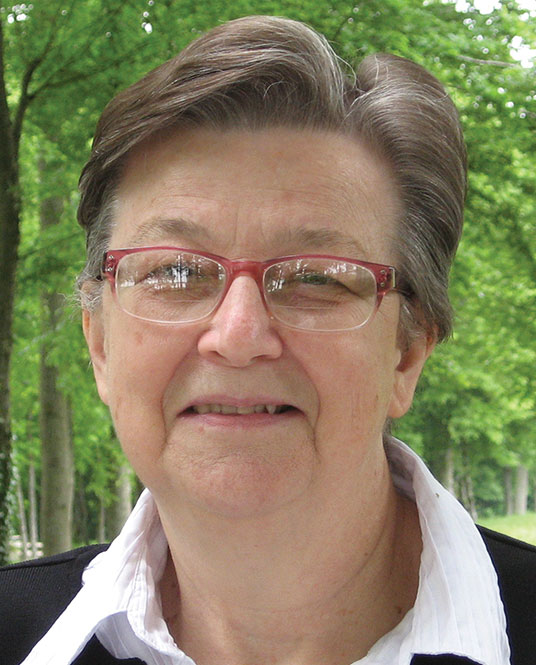Holding On To Hope
by Clare Butt, RN, PhD
Hope. This one little word can hold great meaning, especially for cancer survivors. Though holding on to hope after a cancer diagnosis can sometimes be challenging, many survivors find their hope grows through the experience.
Many people have gone before you; picture yourself among them, after treatment and doing well.
What is hope?
In her poem “Hope is the Thing with Feathers,” Emily Dickinson likens hope to a bird – a fitting image for how many cancer survivors experience hope. It’s easy to imagine the wings of a bird expanding to the left and to the right, flapping in the air, and adjusting to the variations in the wind to produce flight. In the same way, hope can help cancer survivors expand their viewpoint to find new meaning through illness and redefine what is important to them.
The capacity of hope to endure is immense; thus, hope can be found in every circumstance, even cancer. However, holding on to hope is not always easy. Some days, it may feel like hope is gone. So how do you hold on to hope when times are tough?
Hope is the Thing with Feathers
by Emily Dickinson
Hope is the thing with feathers
That perches in the soul,
And sings the tune without the words,
And never stops at all,
And sweetest in the gale is heard;
And sore must be the storm
That could abash the little bird
That kept so many warm.
I’ve heard it in the chillest land
And on the strangest sea;
Yet, never, in extremity,
It asked a crumb of me.
- Look for meaning in something larger than yourself. This could be connecting to nature, to your spirituality, or to a faith community. Things like watching a sunset, walking through the woods, or swimming in the ocean can help you to feel whole. Other meaningful experiences might include listening to music, spending time with a friend, or just doing anything that gives you joy. Being connected to something larger than yourself can foster hope.
- Anticipate survival. Many people have gone before you; picture yourself among them, after treatment and doing well. Visualization can be a great tool for enhancing hope. Where would you like to be a year from now? Five years from now? Are there significant events in the future you would like to be around for – your daughter’s wedding, your son’s graduation, the birth of your first grandchild? Visualize yourself at that event.
- Ask questions. You have a right to know about your care. Don’t be afraid to ask the questions that can put your worries to rest. Uncertainty can be reduced by speaking up for yourself.
- Seek out affirming relationships. Family, friends, and pets can be a source of comfort to get you through hard times. Call that special person who will listen to you and sympathize with your feelings. Ask for help from that someone who you know won’t make excuses. Go out with a friend who agrees not to talk about anything medical. Let your beloved pet bring you the comfort of unconditional love.
- Turn to your inner resources. We all have more hope and strength inside than we might imagine. Be gentle with yourself. Celebrate the little things that bring you joy. What are you thankful for today? Is it a comfortable bed to sleep in, a good cup of coffee, warm slippers on your feet? Forget the mistakes you may have made, and celebrate the achievements instead. You’re still here, and you’re still you. Now that’s something to feel good about, hopeful even.

Clare Butt is an oncology nurse who has worked with cancer survivors for over 15 years. She teaches nursing at Holy Family University in Philadelphia, PA.
This article was published in Coping® with Cancer magazine, July/August 2016.


